Review: "Miracle" Reminds Us To Believe In The Impossible
Disney nails the sports movie formula in this moving retelling of the "Miracle on Ice."
ModernOn November 4, 1979, Iranian revolutionaries stormed the United States Embassy in Tehran. Fifty-two hostages got seized that afternoon, the majority of them Americans. Over the next 444 days, they got subjected to a ceaseless barrage of psychological torture, including mock executions, solitary confinement, and beatings.
Iranian propaganda insisted the hostages were treated “gently and respectfully” as “guests” of Ayatollah Khomeini. The story satisfied Iranian nationals and their communist allies but did not convince outraged Americans. The United States watched daily flag burnings broadcast internationally, and President Jimmy Carter got cartoonized in mockery of America’s diminishing standing.
Three months earlier, Carter addressed the nation in a speech detailing the “crisis of confidence” infesting a weary country jaded by the decade’s many domestic troubles. The 1970s began on the back of counterculture that repudiated the government and espoused progressiveness. The duality between the old guard and the passionate youth played out disastrously. President Richard Nixon assured the nation he was not a crook before admitting to his role in covering up the break-in at the Watergate Hotel during the 1972 Democratic National Convention. His Vice President and successor, Gerald Ford, pardoned him for his crimes against the nation only one year after the United States removed its troops from Saigon, conceding the Vietnam War. By the night of Carter’s speech, the Iranian Revolution had sparked the 70s’ second oil crisis, doubling gas prices from the beginning of the decade.
Across the world, the Soviet Union had been the United States’ primary enemy in the decades following World War II. The two superpowers were locked in a “Cold War” that seemingly favored the Soviet cause with each passing day. Following the failed Bay of Pigs invasion and the placement of nuclear missiles in Turkey and Italy in 1961, President John F. Kennedy bungled a summit in Vienna with Soviet First Secretary Nikita Khrushchev, who placed retaliatory missiles in Cuba. The ensuing political conflict, known as the “Cuban Missile Crisis,” was the closest the world came to nuclear war. Kennedy got assassinated the following year.
The 1970s saw various military successes for the Soviet Union. Aside from the victory in Vietnam, the Christmastime invasion of Afghanistan by Soviet forces went unchecked by the United States. America’s inability to force Soviet withdrawal added to that “crisis of confidence” Carter lamented in his summer address.
Carter’s administration tried to force the Soviet Union’s hand, boycotting the 1980 Summer Olympic Games in Moscow, the Soviet capital. Although a seeming show of strength, US sentiment was unsupportive. It felt more like an American sacrifice on the Soviet's behalf than a means of defiance. In another national address on January 20, 1980, nearly three months following his loss to Ronald Reagan in the Presidential election and the day of Reagan’s inauguration, Carter addressed the nation to emphasize the threat of the Soviet invasion of Afghanistan.
On that day, the Iran Hostage Crisis finally ended but only following a 15-month national embarrassment. It was a pyrrhic victory: the hostages were home but at a tremendous cost. The nation’s stature had eroded the world over; morale was low, even as Reagan’s soothing demeanor and landslide victory assured the country of a new horizon. America needed somewhere to turn, something to believe in, a moment to make the impossible seem possible.
Of all things, it would be a hockey game.
The United States captured Olympic Gold for Men’s Hockey in 1960 but subsequently fell victim to the emerging Soviet Union, who proceeded to win four consecutive gold medals. The goalie, Vladislav Tretiak, was considered the best goalie in the world, perhaps in history. Captain Boris Mikhailov won eight IIHF World Championships in 11 years, nine Channel One Cups, and was the all-time second-leading scorer for the Soviet national team who, at one point, won 42 out of 43 games. As Brooks says during a film session, their weapon was intimidation: they knew they would win, and so did their opponents. Relaying this is a massive undertaking.
Sports movies are difficult to master. Viewers vary between those who can recite the year-by-year three-point statistics of Stephen Curry, on-base percentages of Ted Williams, or passing yards of Dan Marino. It also features less assuming filmgoers, ignorant of the names, teams, rules, and regulations. A sports film must make a game foreign to most accessible to everyone, and few games prove more challenging than hockey.
Hockey is a motion sport unlike any other. Gear weighs upwards of 25 pounds, and players must skate on a rink 200 ft. long and 85 ft. wide. Teams get only one 30-second timeout per game and play three 20-minute periods. Substitutions happen on the fly, and strategies change without gathering the group. It is too complex to get across in a 135-minute movie. Miracle can only help us understand the toil of a trip down the ice, the mindset needed to compete at the highest level, and the heart required to become champions. It does so through the team’s coach, the man who was the final cut from the 1960 team: Herb Brooks.
Brooks is a man like many we have seen before. He is thick-skinned and iron-willed, rigid and uncompromising. Though young and idealistic, his players will not run through glass for him the way many teams of their like would for a coach. He forces them to rise above with an ardent devotion to their craft, united in one goal.
He is a fascinating figure not because of that rigidity but the nuance he finds within it. We observe his expertise through his plan to beat the best team ever, and thus we know he is an expert in his field; his gospel is not without purpose. He understands the value of intangibles and how they separate talent from need. He demands that they be men of not only skill, but pride. The name on the front must be more important than the one on the back, and the team will understand that, even if it takes repeating a torturous training exercise again, and again, and again.
Thus, Miracle does not allow the game to be only a game, balancing the bigger picture with the necessary steps to paint it. It teaches us enough about hockey to recognize the need for everything that happens, from the brutality of ramming an opponent into the glass to the fluidity of a team conditioning themselves to skate with the best. The anguish of men pushing themselves across a hockey rink on their coach’s command is more tangible than the limp aims at racial equality or deeper meaning Disney ordinarily offers. The results of that anguish feel earned because it hits hard at the most foundational of American principles: working hard.
After all, we got founded by men who believed in what seemed a miracle. They toppled an empire similar in stature to the Soviet Union and on their own turf. Infighting aside, they visualized something for themselves and their people and fought tooth and nail to achieve it. It is easy to dismiss the romanticizing of history as sentimental, but as Miracle shows us, there is nothing wrong with basking in the past. Rumination is what inspires the best art, whether it be on personal struggles, worldly conflicts, topical issues, or a group of young men achieving something incredible.
It helps artists make the small choices that pay dividends, like omitting the fact that Ralph Cox, the final cut just like Brooks 20 years prior, was let go partially due to a broken ankle. It tosses a quick moment of Rob McLanahan and Jack O’Callahan, rivals from the 1976 NCAA semi-final game, bonding after Brooks demands they come together and play like champions. It cuts to the chase, establishing the dominance of the Soviet hockey empire, the failures of the USA Olympic team, the need for change, and the value of team chemistry in a two-minute board meeting to start the film.
Still, Miracle believes it must occasionally forget the magic of the very “miracle” it depicts to spark investment in characters instead of story, forcing us to endure the subdued nagging of a lonely wife and mundane marital disputes. It is all the typical troubles: whether conversations were or were not had, saying the wrong thing at the wrong time, picking up the children from their extracurriculars. In real life, family matters. In film, it means only as much as the movie allows.
Herb is the central figure, but Miracle mistakenly believes his personal story is integral to the one he affects. The United States vs. the Soviet Union is enough, almost regardless of the nationalistic sentiment. It is the ultimate underdog story; throwing the rest atop it simply adds meaning. Traditionally humanizing a man whose cinematic value comes from showing humanity through his coaching does him, and us, a disservice.
It would be untruthful to say Miracle always understands the best path to achieving its goals. Its opening montage covers virtually every development in the 1970s, each chapter just as questionable in relevance as the next. We can excuse the inclusion of Saturday Night Live’s famous Coneheads, considering the nickname bestowed on three Minnesotans (Mark Pavelich, John Harrington, and Buzz Schneider) who play on the same line. We cannot understand the need to mention the computer chip or the death of Elvis unless Brooks majored in Computer Science or developed game strategy to the tune of “Jailhouse Rock.”
That lack of awareness spills into the film’s most important sequence, as Miracle somewhat fails the Soviet game. The matchup is as Al Michaels describes before the opening face-off, just as he did 24 years prior. It needs no buildup or superfluous adjectives; a spectator’s knowledgeability is irrelevant. It is a hockey game, but only insofar as teams take to the ice. The stakes are high in ways that apply only to that moment and can never be possible again. Miracle is a movie of, and for, the moment.
Unfortunately, the game is devoid of the American character that saw Wild Bill Hagy leading chants from the upper decks of Baltimore’s Memorial Stadium and normalized the lunacy of Disco Demolition Night in Cleveland, where fans detonated disco records before charging the field 50,000 strong. The Lake Placid arena that held 8,500 raucous Americans in 1980 got transferred to a multi-purpose arena in Vancouver that housed only 800 extras, and it shows. The film forces the issue on the ice, packing the action tightly to yeah-yeah the few times it has to pull away. The outfits are plucked straight from 2004; the building that shook as sports’ greatest upset unfolded only musters a whimper.
Regardless, few sports films resolve their thematics through the actual sport. After disappointing exhibition matches and the resulting Olympic successes, the climax brings everything to fruition. Great moments are born from great opportunities: Miracle understands that opportunity is not dependent on luck. Brooks did not choose anyone out of sentiment. Sentiment is fleeting as he sits across his wife, considering his final cut. He did no favors, only his job. The moment awaiting them on that Lake Placid rink belongs to them and them alone; they earned it. Now they must go out there and take it.
Weaving no longer occurs for weaving’s sake. A group of boys once corrupted by infighting are no longer monkeys humping footballs; they are men skating for the name on the front instead of the one on the back. Everyone has recognized that they cannot win on talent alone, so they communicate with one another, always making their presence known to protect and defend their fellow man. The team that resolved to skate with the Soviets flies up the ice, poised and controlled under more pressure than they have ever faced before or will face again. As Ken Dryden says, it is one thing to be young and promising and quite another to be good. The US team is good, and they believe it.
It earns Miracle’s refusal to show restraint or rely on its story. Its dramatic score can swell every ten minutes without feeling out of place. Assistant Coach Patrick, a usually mild-mannered man, can egg on his players as the clock winds down without feeling like a deviation from character. It can give Herb a knowing glance to his wife or Captain Mike Eruzione a tap on the head from a former naysayer without feeling disingenuous. It can be a Disney movie without suffering by being a Disney movie.
After all, the United States beating the Soviet Union is a story that even the most hardened cynic cannot resist. It embodies that age-old saying: if the two teams squared off 100 times, the Soviets would easily dismantle the United States 99 times. A miracle is the one time dreams turn into reality. It is a moment where we can alter our beliefs and feel confident that our children’s days will be better than our own. After all, these were college kids with their whole lives ahead of them. As the ending credits inform us, it did not always go as imagined; that does not mean they went poorly. The team were America’s kids, and they gave us, and themselves, something incredible.
Miracle’s true purpose is not to entertain, although it does, as much through Herb’s transformation of warring rivals as the hockey wizardry that rewards our investment in that transformation. It is not to move, although we get goosebumps as the team celebrates their victory. It is not to teach, although it imparts just as much wisdom to the audience reliving the spectacle as the one experiencing it for the first time.
Its job is to imbue us with the confidence to end Carter’s crisis, the belief to seize our moment, and the heart to surrender everything we know to embrace what never seemed possible. It must give us all this in the name of answering a simple question:
Do we believe in miracles?
.png)
89
Director - Gavin O’Connor
Studio - Disney
Runtime - 136 minutes
Release Date - February 20, 2004
Cast:
Kurt Russell - Herb Brooks
Noah Emmerich - Craig Patrick
Patricia Clarkson - Patty Brooks
Michael Mantenuto - Jack O’Callahan
Eddie Cahill - Jim Craig
Patrick O’Brien Dempsey - Mike Eruzione
Nathan West - Rob McCLanahan
Sean McCann - Walter Bush
Kenneth Welsh - Doc Nagobads
Editor - John Gilroy, Daric Loo
Score - Mark Isham
Cinematography - Dan Stoloff
Screenplay - Eric Guggenheim, Mike Rich

%20(13%20x%206%20in)%20(13%20x%204%20in).png)

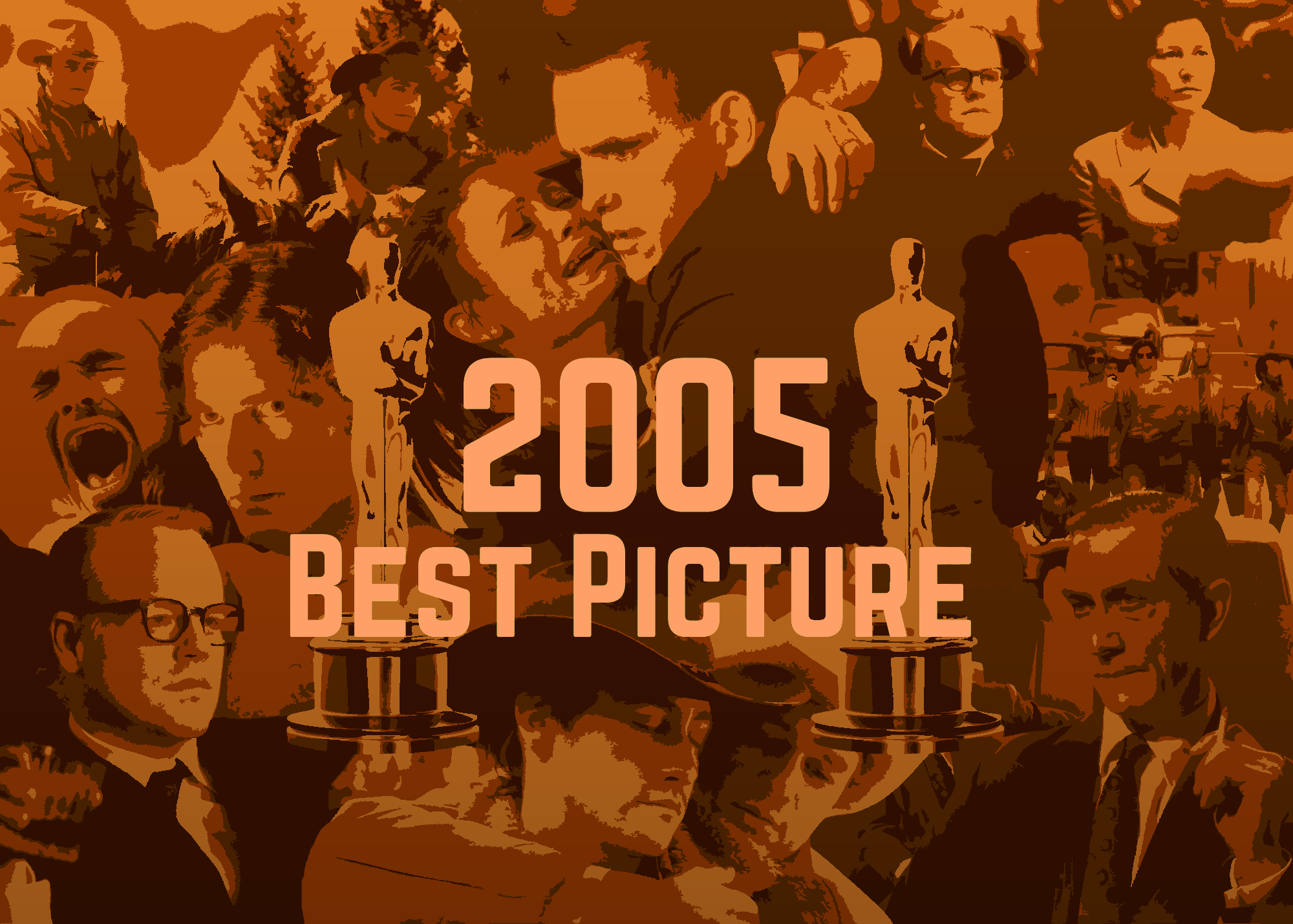
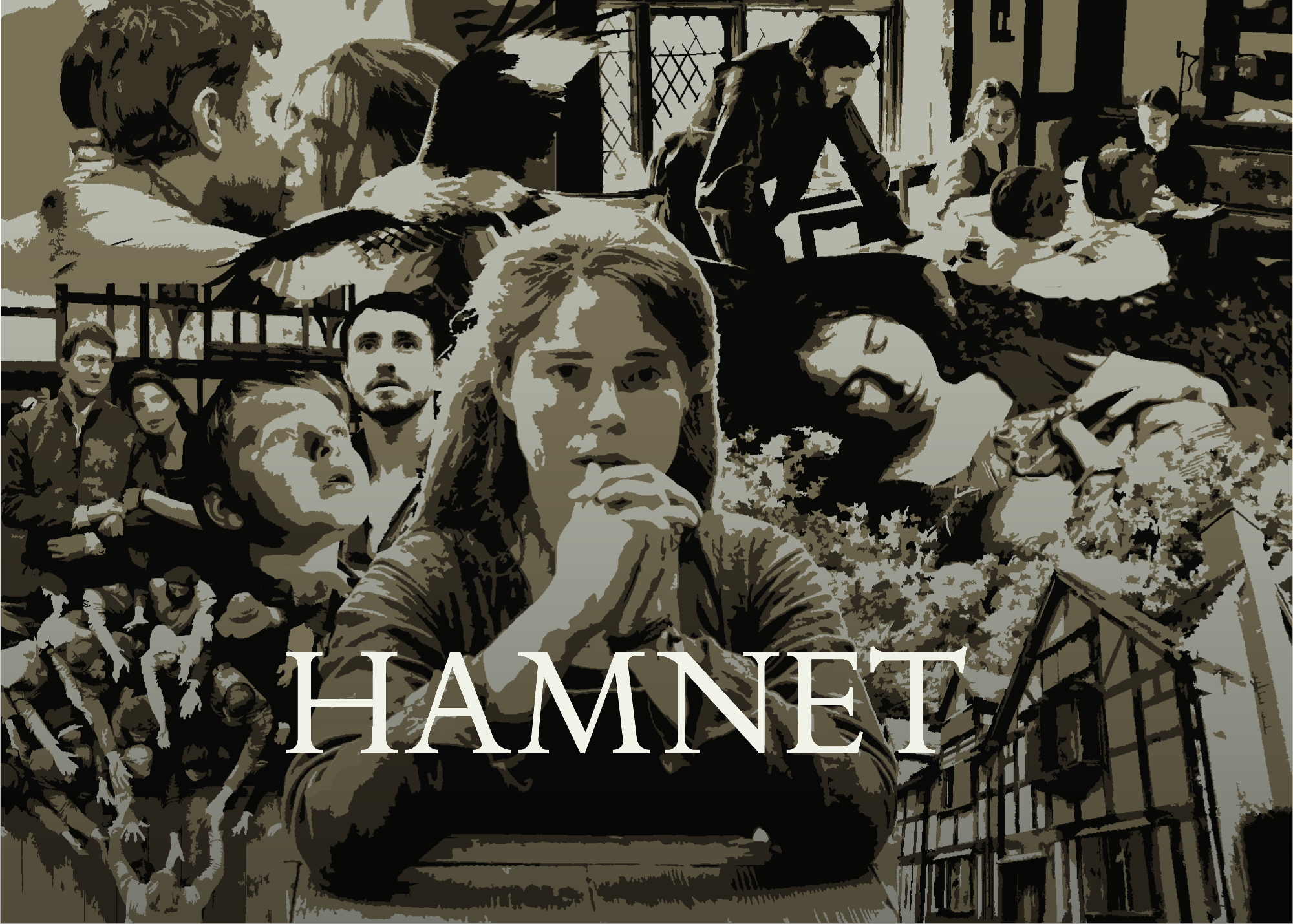

.jpeg)
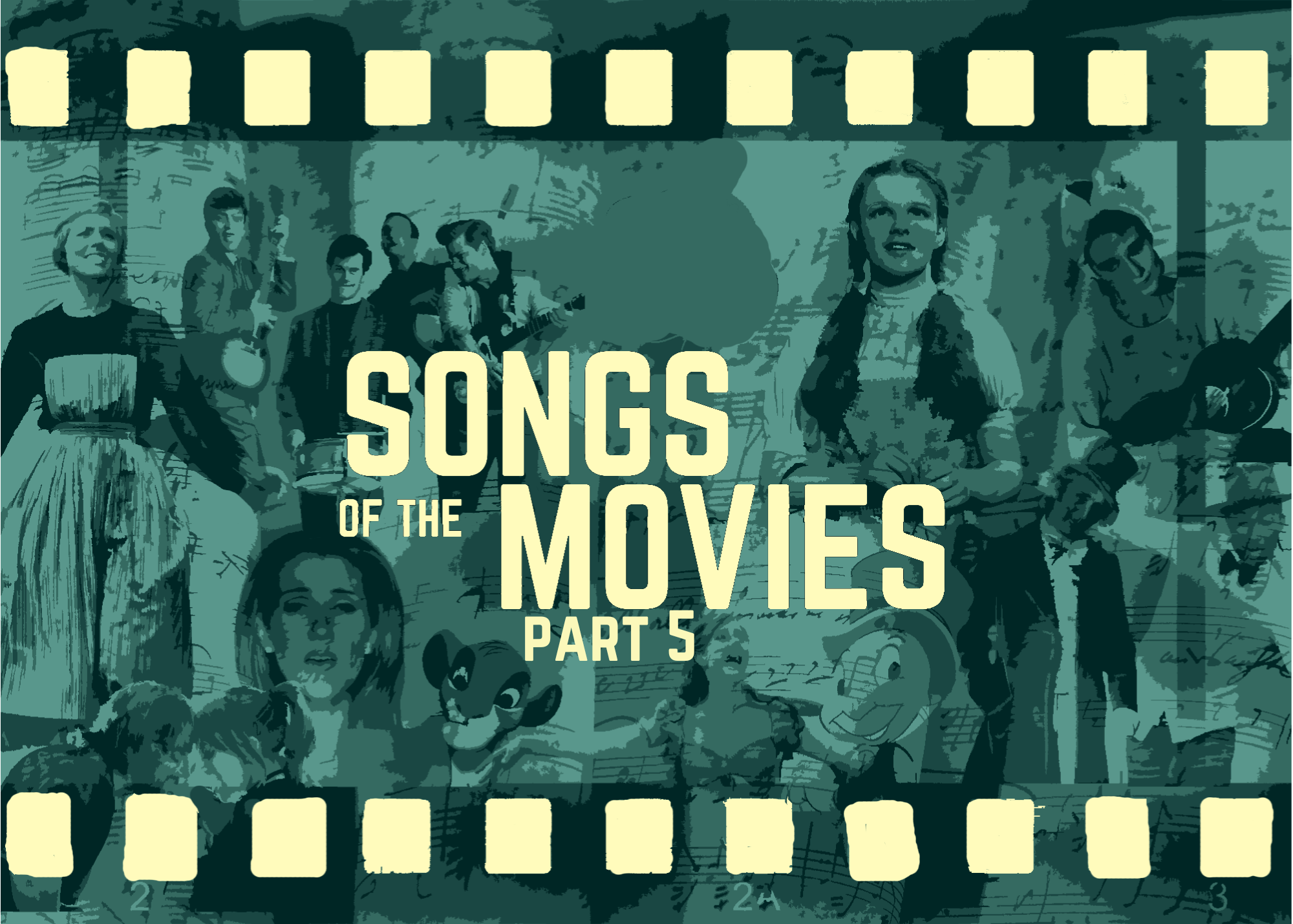
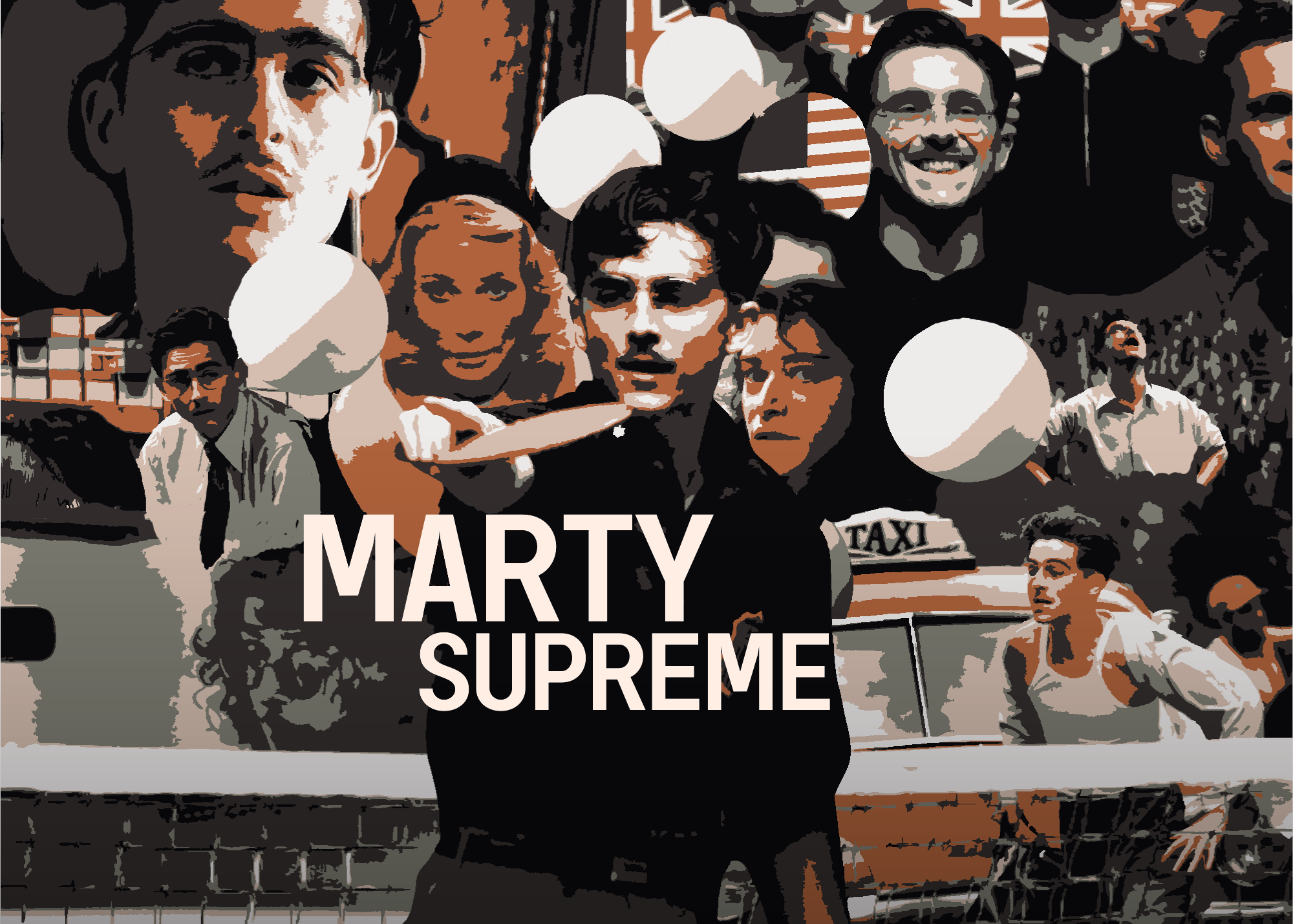
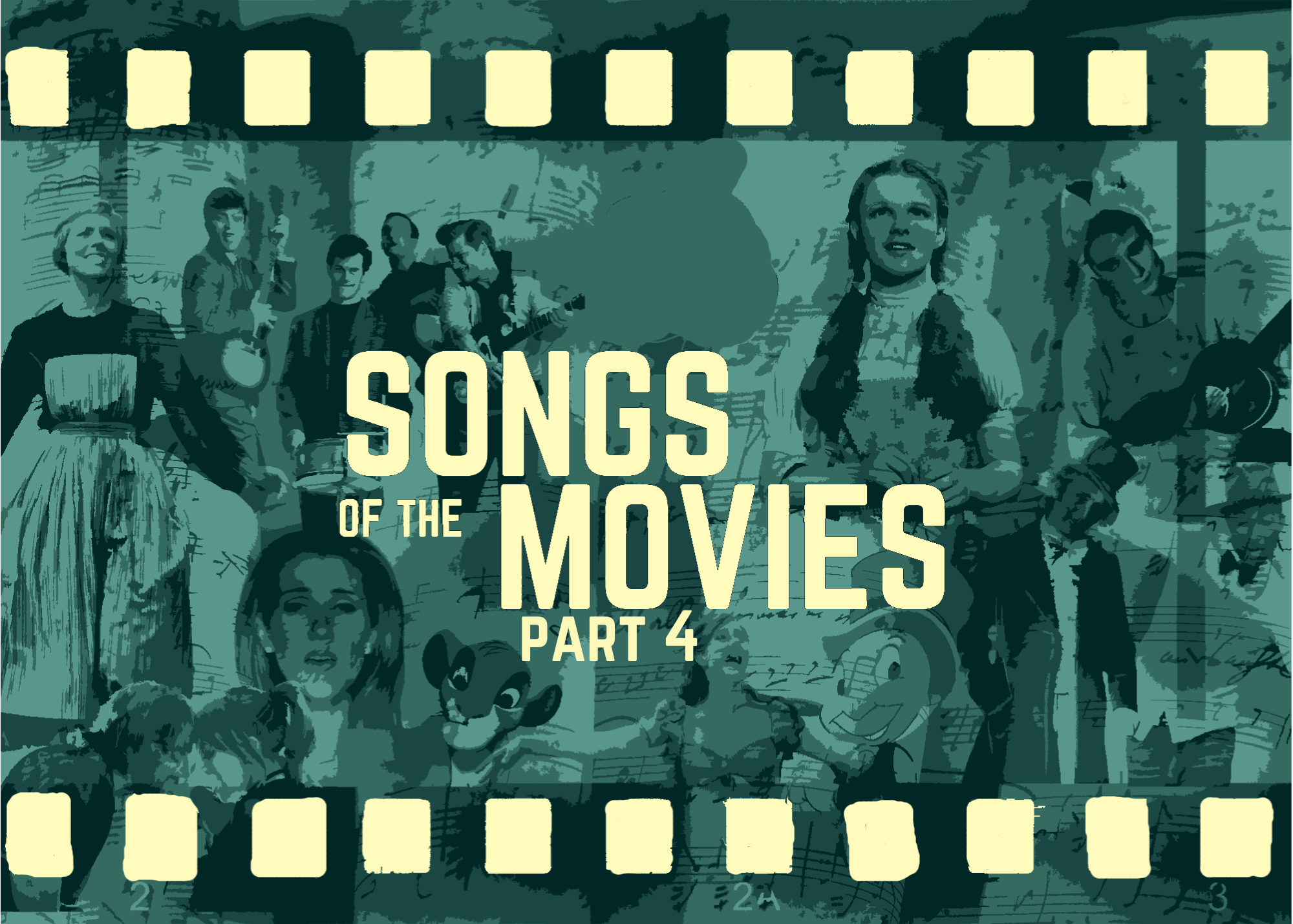
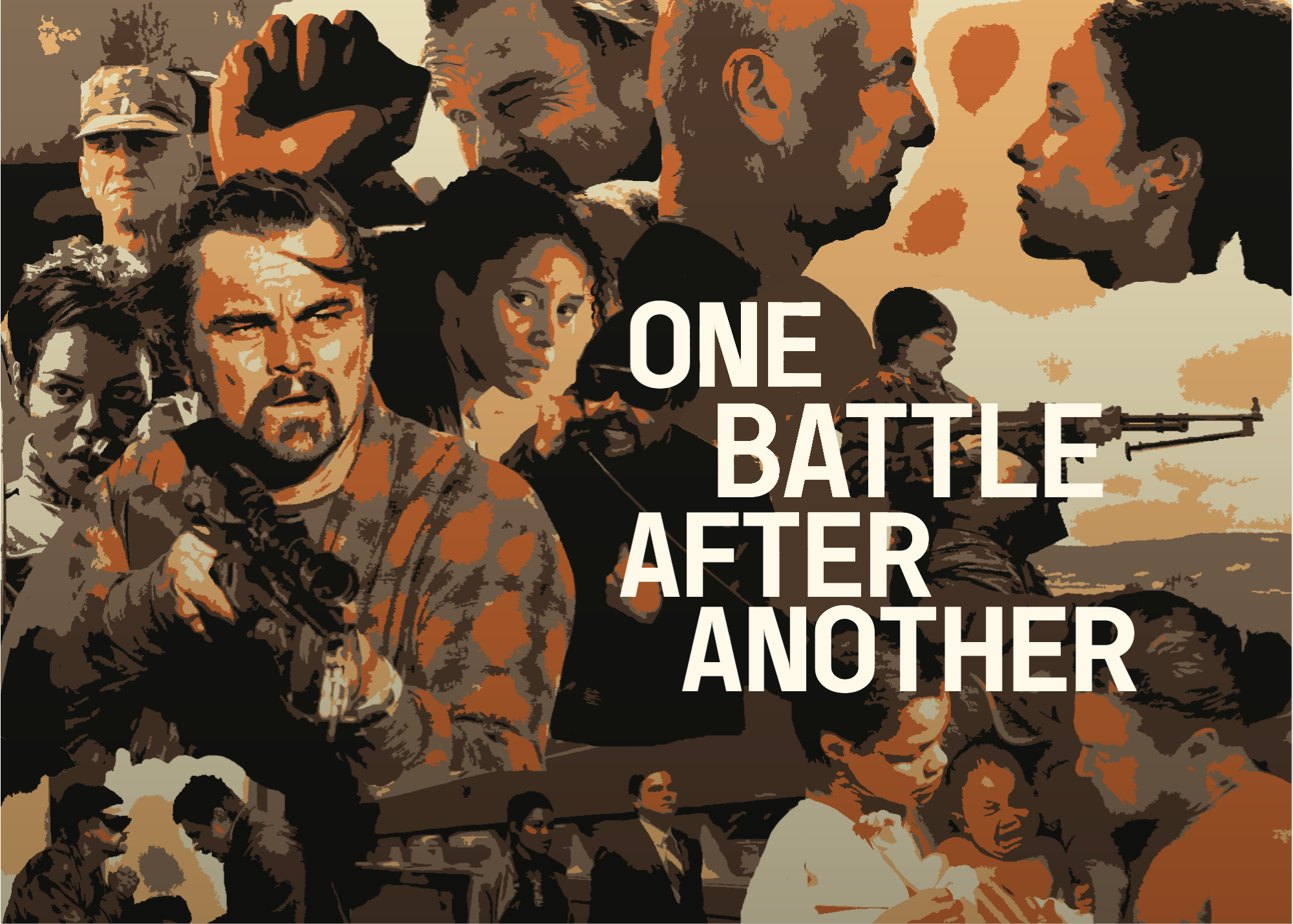
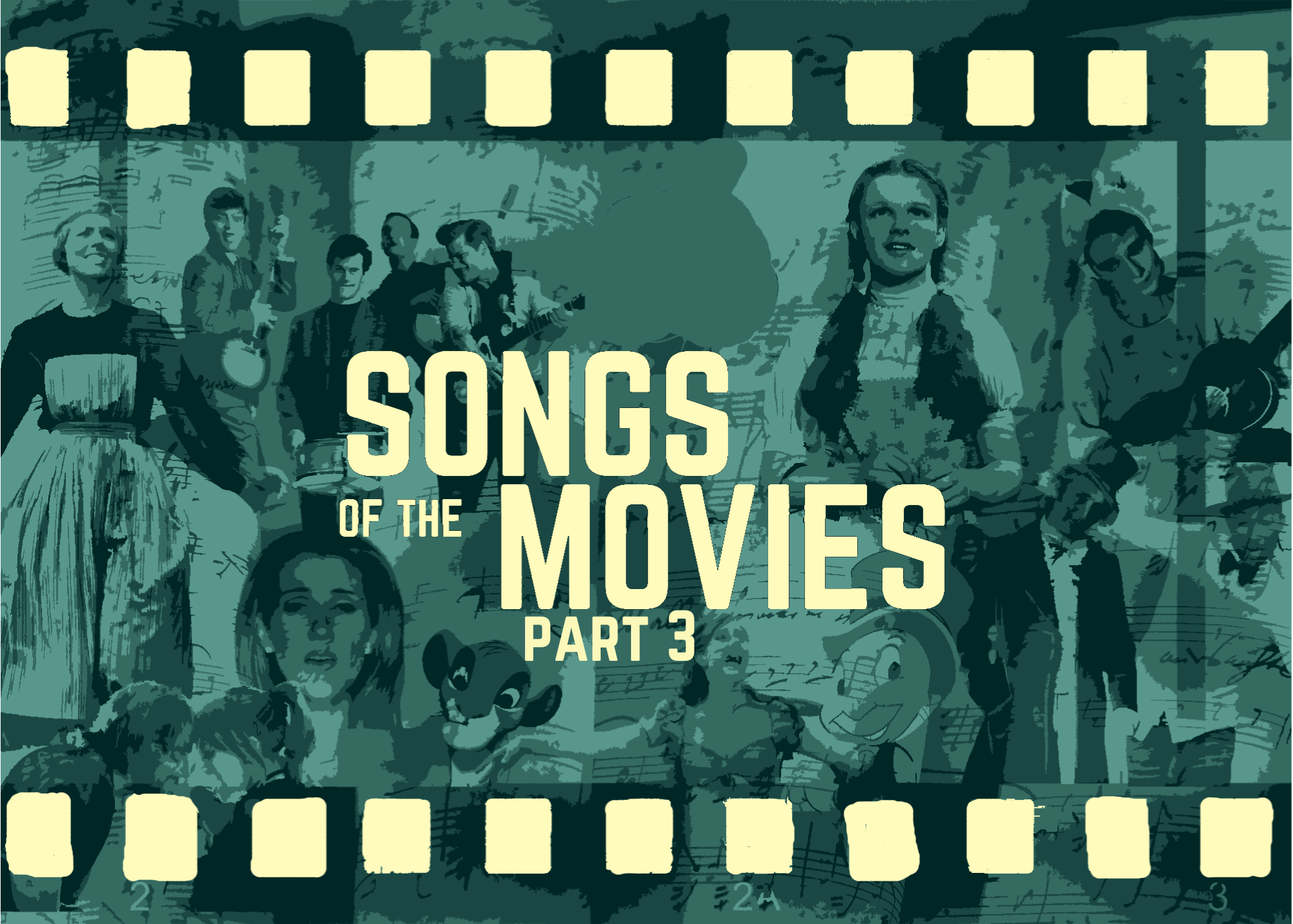
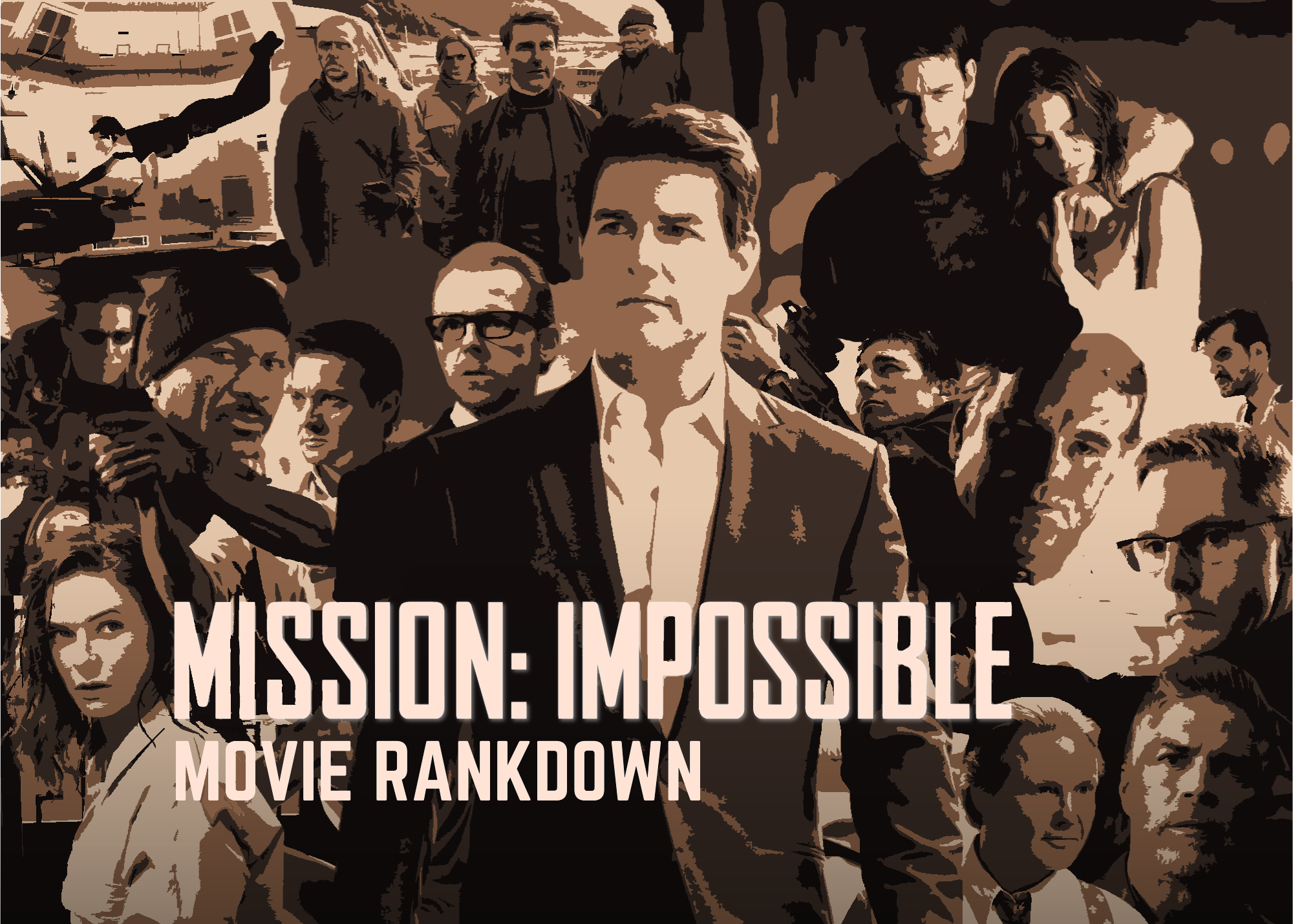




















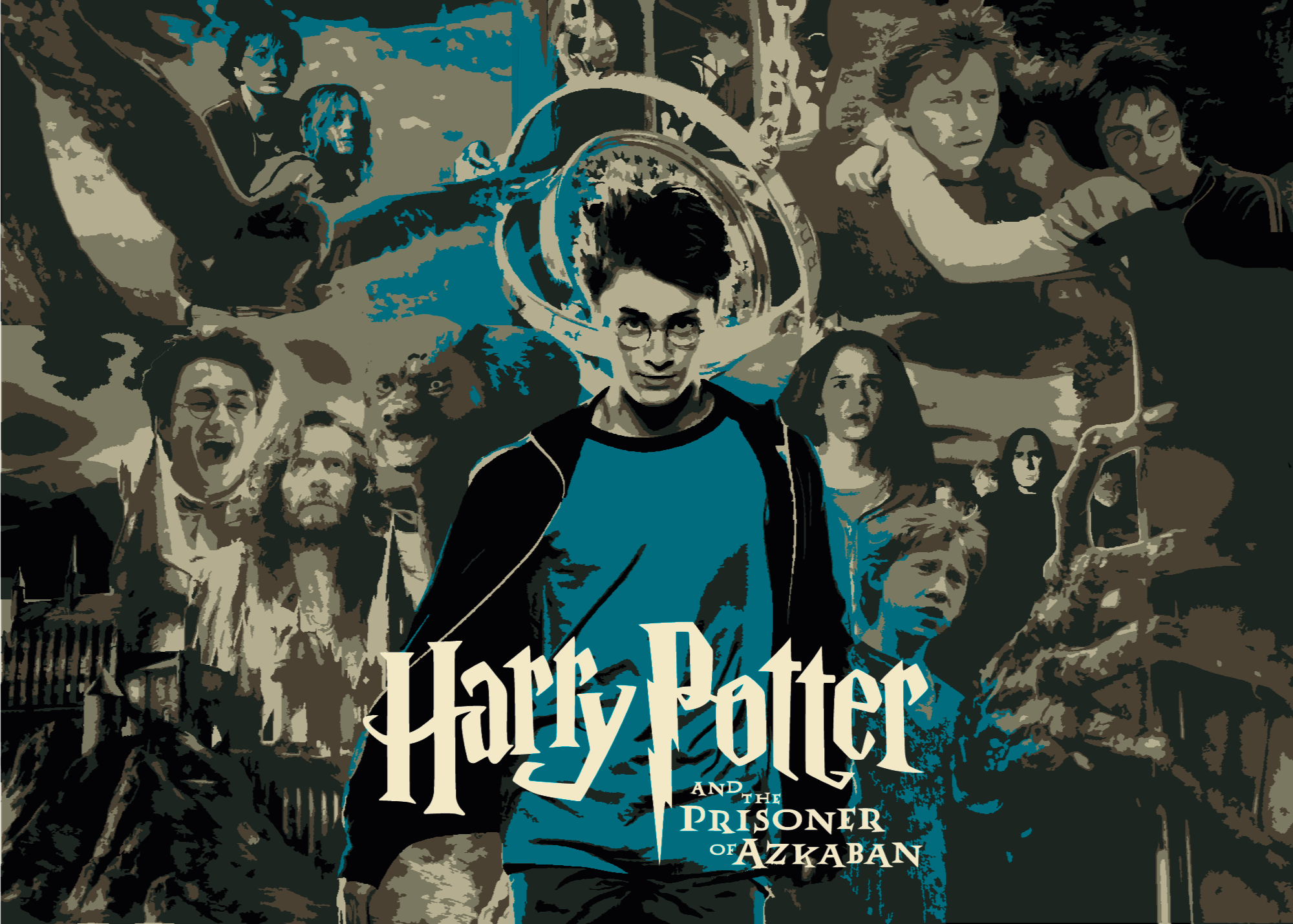














.png)






.png)